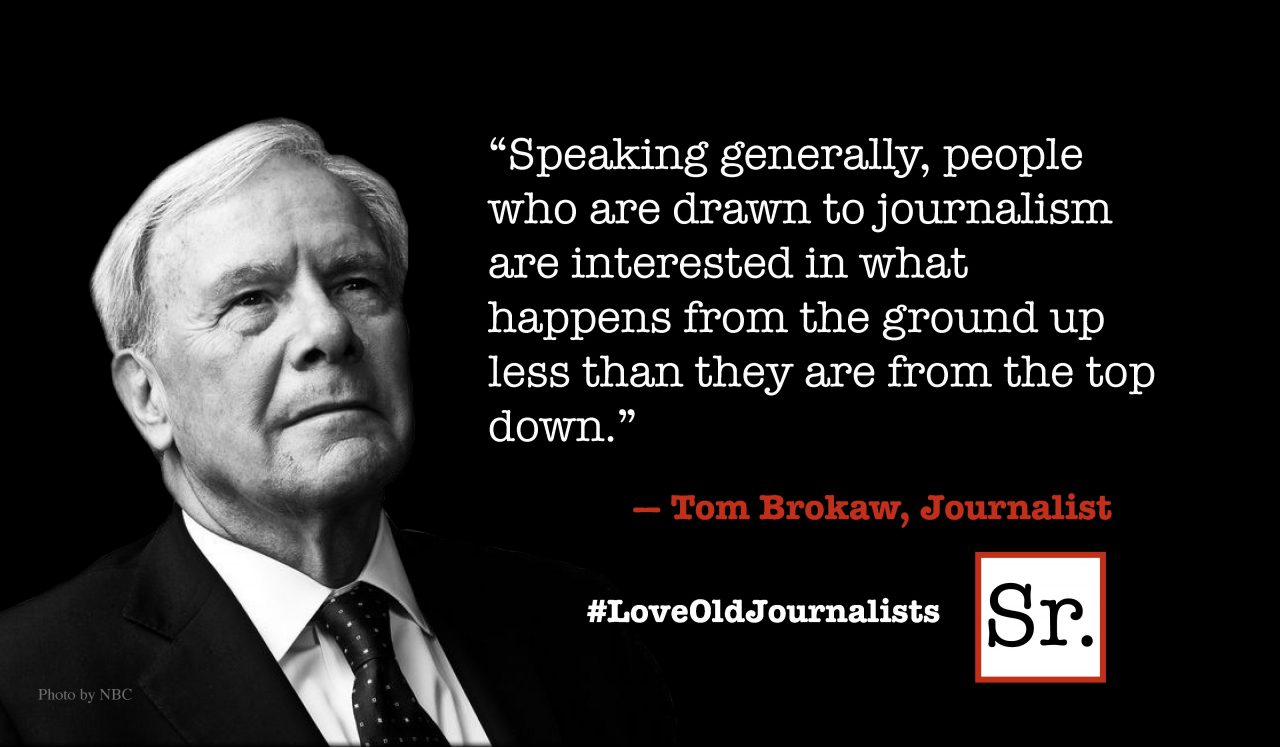On his second day in office, January 22, 2009, President Barack Obama issued an executive order directing that the controversial prison camp at Guantanamo Bay be closed “no later than 1 year from the date of this order.” As Obama prepares to turn over the White House to his successor, Donald Trump, the facility at the U.S. naval base on the eastern tip of Cuba is still open.
It now holds 60 prisoners, a fraction of the hundreds who passed through the infamous camp at a cost of around $445 million per year — more than $7 million per detainee. The reasons why the camp was not closed in line with Obama’s order are manifold and complex, from Congressional opposition to the reluctance of foreign countries to accept detainees cleared for release.
The promise to close Guantanamo featured prominently in Obama’s campaign for the presidency and his failure to get it done speaks volumes about the difficulty of translating campaign promises into deeds.
Unfulfilled campaign pledges are nothing unusual in American politics, though some stick more in the memory than others. George H.W. Bush won the presidency in 1988 partly on a catchy phrase: “Read my lips — no new taxes.” After he failed to strike a deal with a Democrat-controlled Congress, taxes rose halfway through his term. In 2000, his son, George W. Bush, promised a “humble” foreign policy. That idea came to an abrupt end on September 11, 2001.
Which of president-elect Trump’s campaign promises will be implemented is anyone’s guess but there is little doubt that one, or more, will turn into the equivalent of Obama’s Guantanamo directive.
“Build the Wall,” the full-throated chant Trump led on many of his rallies, is already being modified by his transition team. It might mean a fence in part of the 2,000-mile border with Mexico. “Lock her up,” another Trump rally battle-cry referring to his Democratic opponent Hillary Clinton, no longer appears to be a priority.
What remains high on the “to do” list after Trump takes office on January 20 is a landmark deal with Iran that Obama considers a signature foreign policy achievement. The agreement, designed to prevent Iran from developing nuclear weapons, was reached in July 2015 after years of arduous negotiations between Iran and foreign ministers of the United States, Russia, China, Britain, France and Germany.
Endorsed by the U.N. Security Council, the deal provided for Iran to dismantle much of its nuclear infrastructure in return for the lifting of economic sanctions imposed to deter the government in Tehran from working towards a nuclear bomb. On the campaign trail, Trump described the accord as “the worst deal ever negotiated.” He followed up by telling a pro-Israel lobby group he would make dismantling the deal “my number one priority.”
Critics of the deal complain that the inspections of Iran’s nuclear facilities stipulated in the agreement are not tight enough and should be stepped up. Proponents of what is officially known as the Joint Comprehensive Plan of Action disagree.
The International Crisis Group, a respected organization focused on preventing conflict, warned late in November that the demise of the deal would “reignite a crisis that could dominate his (Trump’s) presidency, deepen tensions in a tumultuous region and deal a hard-to-reverse blow to multilateral diplomacy.
How the president-elect tackles the issue will show to what extent he is willing to try and impose America’s will on foreign countries. The other parties to the agreement not only support it but see it as an opportunity to build economic ties with Iran. In mid-November, the European Union reiterated its “resolute commitment” to the deal and said it wants to promote growth in trade and investment. Such efforts trump concern over Iran’s dismal human rights record.
With 82 million inhabitants, Iran is the second-most populous country in the Middle East (after Egypt) and its market is tempting not only for European countries. Boeing, the U.S. aircraft manufacturer, has signed a tentative multi-billion agreement for the sale of 80 jetliners to Iran Air. Airbus, Boeing’s European rival, is in talks for the sale of 118 planes. On the day Trump won the elections, the French energy company Total signed a $6 billion agreement to help develop an offshore gas field.
How much such developments will weigh in shaping the decision-making of Trump, a billionaire businessman with a transactional world view, is not clear. Two of his choices for top national security posts have been harshly critical of the nuclear deal. Mike Pompano, named to head the CIA, wants to “roll back” the agreement. Retired Army Lt. Gen. Michael Flynn, Trump’s choice as National Security Adviser, has said the best way to stop Iran from ever having a nuclear bomb is regime change.
But while Trump has put anti-Iranian hard-liners in top posts, some of the most vociferous opponents of the deal appear to be softening their stand. That even includes influential members of the royal family of Saudi Arabia, Iran’s arch-rival for regional supremacy. A day after Trump’s election, Prince Turki al-Faisal, a former Saudi intelligence chief and ex-ambassador to Washington, warned against tearing up the agreement.
"I don't think he should scrap it,” he told a panel discussion at the Arab Gulf States Institute, a Washington think tank. “It's been worked on for many years and the general consensus in the world, not just the United States, is that it has achieved an objective, which is a 15-year hiatus in the program that Iran embarked on to develop nuclear weapons. To scrap that willy-nilly, as it were, will have ramifications and I don’t know if something else can be put in its place.”
Whether Trump, who wrote “The Art of the Deal”, will stick to the issue as his Number 1 priority remains to be seen.








